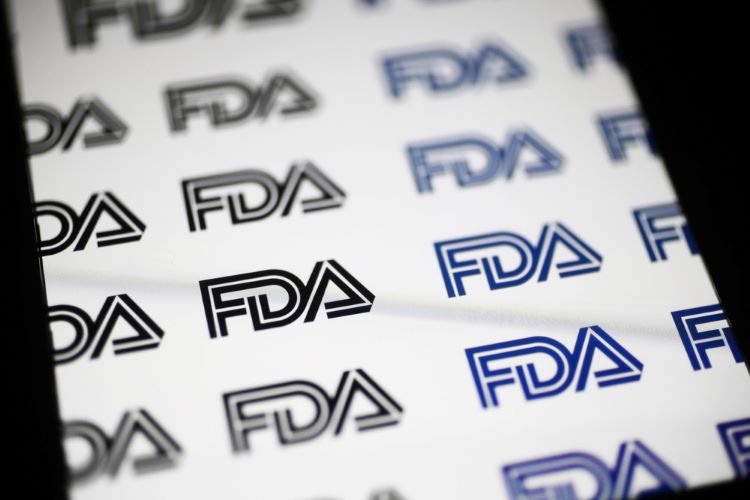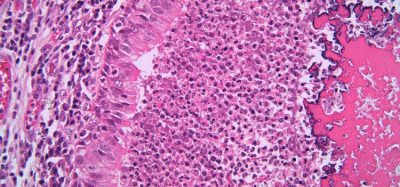FDA draft guidance on biosimilars offers “regulatory relief”
Posted: 31 October 2025 | Catherine Eckford (European Pharmaceutical Review) | No comments yet
US agency follows in footsteps of European Medicines Agency (EMA) in efforts to streamline biosimilar development.


Credit: Jeppe Gustafsson / Shutterstock.com
New draft guidance from the US Food and Drug Administration (FDA) has proposed updated recommendations to reduce the cost and time it takes to develop biosimilar medicines.
Drug developers can rely on analytical testing to demonstrate product differences instead of unnecessary comparative efficacy studies. The guidance also simplifies interchangeability requirements for biosimilars.
This move follows similar draft guidance published by the European Medicines Agency (EMA) in April, which also aimed to streamline the development of biosimilar drugs.
The FDA has, to date, approved 76 biosimilars, where comparatively, over 30,000 generics are approved in the US. This exceeds how many brand drugs the FDA has authorised. Approximately 10 percent of biologic drugs expected to lose patent protection in the next decade currently have a biosimilar in development.
Simplifying biosimilar interchangeability requirements
Additionally, through a separate initiative, the FDA intends to make it easier for biosimilars to be developed as interchangeable with brand-name biologics. The agency now generally does not recommend switching studies for biosimilars licensed as interchangeable.
[US FDA} now generally does not recommend switching studies for biosimilars licensed as interchangeable”
At an FDA press conference held on 29 October, the Trump Administration outlined actions it is taking to address pharmaceutical prices, which includes a focus on streamlining biosimilar approvals.
Alex Keeton, Executive Director of the Biosimilars Council and Senior Vice President of Policy remarked that the US “is the only country in the world with this unnecessary ‘interchangeable’ designation, and the FDA agrees that it is unnecessary. Clinical efficacy studies are not the most effective way to provide the FDA with comparative date between biosimilars and their reference biologics when more updated analytical, functional, and pharmacokinetic methodologies can detect any clinically meaningful differences.”
The Association for Accessible Medicines (AAM) has praised the new guidance, which builds on a directive announced by President Trump in April to lower drug prices in the US.
FDA Commissioner Dr Marty Makary underlined at the recent GRx+Biosims 2025 conference that every biosimilar should have the designation of interchangeable. “We need to cut the red tape for biosimilars and we need to recognise that biosimilars have the promise of lowering drug prices.”
John Murphy III, President and CEO of the AAM and the Biosimilars Council concluded that the new draft guidance provides “regulatory relief and efficiencies for our members and bring lower-cost biosimilars to market faster.”
Related topics
Biosimilars, Clinical Development, Clinical Trials, Drug Development, Generics, Industry Insight, Regulation & Legislation, Research & Development (R&D), Therapeutics









